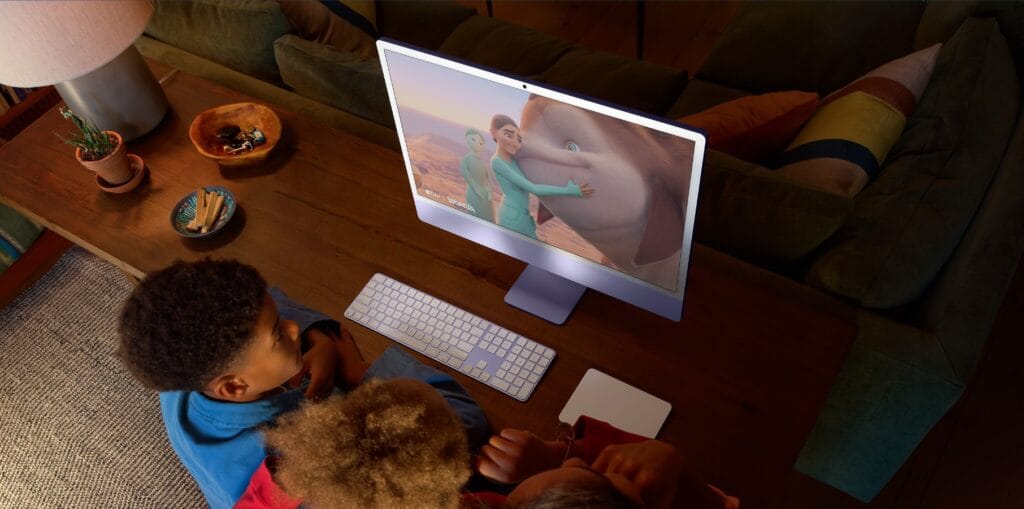The Covid-19 pandemic put tech in the spotlight as businesses rushed to remotely connect employees to their work when travel bans were imposed across the world.
Suppliers of the latest communication technologies had to quickly draw up remote working plans for its customers and was soon practicing what it preached.
Ashish Gupta, HCLTech’s European head, tells Computer Weekly how the Covid-19 pandemic inspired a new working model, initially adopted in India, which could find its way to the UK.
The India-headquartered company is a global IT services giant with a total of 225,000 employees, with about 30% working in its European business.
New operating model
Gupta says that, before Covid-19, HCLtech had about six cities in India where it delivered most of its services from. People that were hired had their contracts with operations in these six cities.
“But then Covid-19 happened, and everyone ran away from the big cities to their towns and people soon realised it is a much better life, closer to friends and family.”
This forced the company to rethink its recruitment model and saw it open smaller offices in other cities, where employees that live nearby can travel to when they need to be in the office, which Gupta says is much less often.
He says there are now about 25 places in India where HCLtech has more than 1,000 people working for it. This will be a permanent change with employees no longer expected to be based in one of the six main centres. When a satellite operation reaches a certain size, it will recruit the HR staff required to support staff from these locations.
“We are not forcing [staff] to come back. If we did, we would lose lots of very good talent,” adds Gupta.
After the pandemic, the company’s most senior staff acknowledged the change in working habits. “After Covid-19, when our CEO went on tour to [meet] as many people as possible, he didn’t go to six centres, he went to about 15. Some of these places he would have never visited before,” says Gupta.

“We are not forcing [staff] to come back. If we did, we would lose lots of very good talent”
Ashish Gupta, HCLTech
The model, first adopted in India, is also being used in Eastern Europe and will go wherever it fits. “We are making sure we go where the talent is,” says Gupta.
This will involve HCLTech recruiting in areas it currently has no presence in and teaming up with office providers to offer a place for staff to visit a couple of times a week. “We will end up with a larger number of smaller operations, and when an operation reaches a certain size, we would distribute HR and employee engagement teams.”
He says the only instances it won’t use this model is if the client doesn’t want it to, or if there are security considerations such as the need for work to be carried out in a secure location.
“Today, I would say that no more than 35% of staff are regularly in the offices, with most working from them one or two times a week,” says Gupta.
“We do not have a strict ‘you should come to the office’ policy, but we encourage people to come to the office three times a week, but it is not mandatory because we are comfortable with our staff working remotely as long as they are productive and their work is suitable.”
He says another lesson that has been learnt in the journey towards remote working is that when today’s employees are working from the office, they want the same technology they use at home.
“Today’s workforce is increasingly made up of young people in the workplace, which is forcing organisations to think about how they service this user base effectively. They have to avoid an office experience that is a legacy environment when employees are used to using the latest technologies at home.”
Business after covid
Beyond operations, HCLTech has businesses challenges to get on top of. The Covid-19 pandemic was a creator of great uncertainty in the business world, but suppliers such as HCLTech received a huge boost in demand as enterprises adapted to the new ways of working.
“Last year, our IT services growth globally was 16%, and within that Europe grew fastest,” says Gupta.
But as expected after the Covid-19 bounce, demand has dropped. “We have set a lower expectation this year, to grow about 7%, because we had huge growth during Covid-19 pandemic and post pandemic, and now with all the macroeconomic conditions such as high inflation and interest rates customers are tightening their belts in terms of discretionary spend, and we do see implications on our growth rate.”
In terms of customer demand, Gupta says the primary theme of digital transformation dominates. The three hot areas within this are, according to Gupta, businesses moving to public cloud, becoming more data led, and ensuring the right levels of security.
He says, as part of this, enterprises are continuing to migrate workloads from legacy systems to the public cloud, and are spending on data and analytics.
“Every company is spending a lot on data, which is at the heart of a lot of things happening, such as the introduction of artificial intelligence. Everyone is trying to get their data foundation right.”
Beyond these, a core part of digital transformation is what Gupta described as “Industry 4.0”. This includes making manufacturing or research and development more agile. Here, the spending is focused on getting the basics right, such as improving networks and changing factory IT environments.
In Europe, HCLTech has large UK and Nordic businesses and the company is currently investing heavily in Germany and France, according to Gupta. The company has also made gains in a cluster made up of Belgium, Switzerland and Luxembourg, and last year began to do work in Spain and Portugal, which Gupta says are new countries for HCLTech.
UK public sector opportunity
One market where growth could come is the UK public sector, where Indian heritage businesses have so far only made in-roads. If they can emulate their success in the UK private sector, companies like HCLTech, Tata Consultancy Services (TCS) and Infosys have a huge business opportunity.
The UK public sector is small for HCLtech in the UK, but Gupta says it is a business that has received more focus in the past two years
The supplier already operates the UK public sector implementing and running SAP systems, which was the result of its acquisition of UK SAP house Axon. It also has a contract with Greater Manchester Police
“We have grown so well in the private sector that we have not yet put a huge amount of focus in the public sector,” says Gupta. “It is a very big market, but it is not an area where Indian-based companies have won a lot of business over the past 10 years. We are now putting a huge amount of energy and effort into this.”



